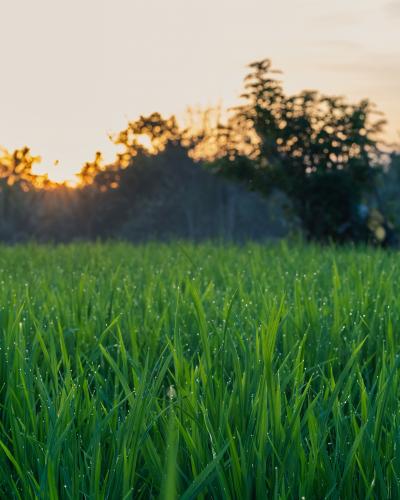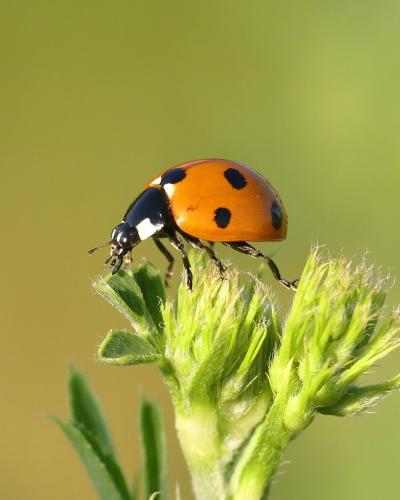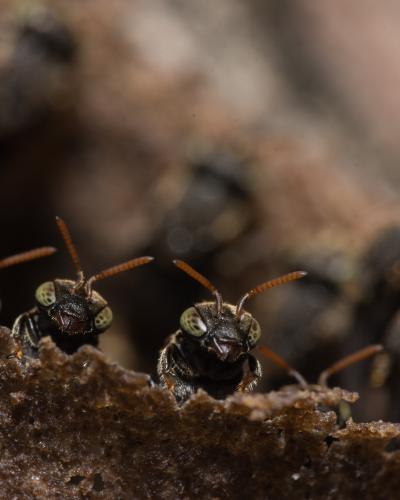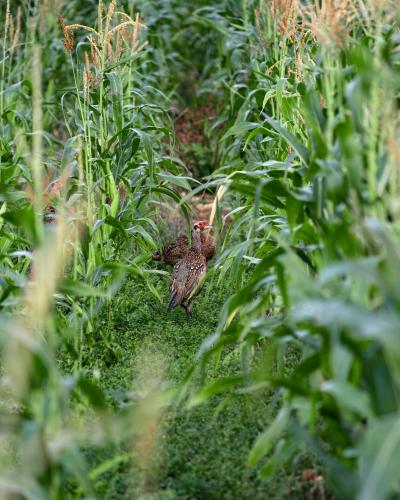A recent study from Geoderma shows that over time, organic yields can match and even exceed those of conventional when built up soil health and biodiversity lead to better crop production. This...
Aug 09, 2021
Brain development and cognition is influenced by environmental factors and the most formative time occurs before birth and during childhood. A unique study recently published in the journal...
Jul 26, 2021
In contrast to conventional farming, organic farming relies more on natural processes than chemicals to manage and prevent pests and diseases. A new study published in the journal Agronomy shows...
Jul 05, 2021
Organic farmers rely on natural predators to help control their crop pests rather than using chemical sprays. A new study published in the Journal of Applied Ecology found that using organic...
Jun 10, 2021
Organic certification prohibits the use of antibiotics in meat production, and science shows that reducing the use of antibiotics in production results in a lower occurrence of antibiotic-...
Jun 07, 2021
To address human health concerns, food certified as USDA Organic is not allowed to contain synthetic food dyes among many other additive ingredients found in processed foods today. This concern is...
Jun 07, 2021
Soil health hinges on robust communities of soil bacteria and insects. However, a recent science review published in Frontiers in Environmental Science shows that pesticides sprayed both above and...
Apr 19, 2021
A recent study in the journal Environmental Pollution is the first to show that chronic exposure to pesticides reduces fitness and reproduction of birds. Populations of farmland birds have been...
Apr 05, 2021
A recent study published in the journal Frontiers in Ecology and Evolution has found pesticide contamination of milkweed, the host plant of monarchs, across multiple landscape types, exposing the...
Mar 22, 2021
Toxic soil fumigants that fight soil-borne diseases and ensure crop production continue to be banned to protect the health and safety of rural communities. Organic farmers and conventional farmers...












